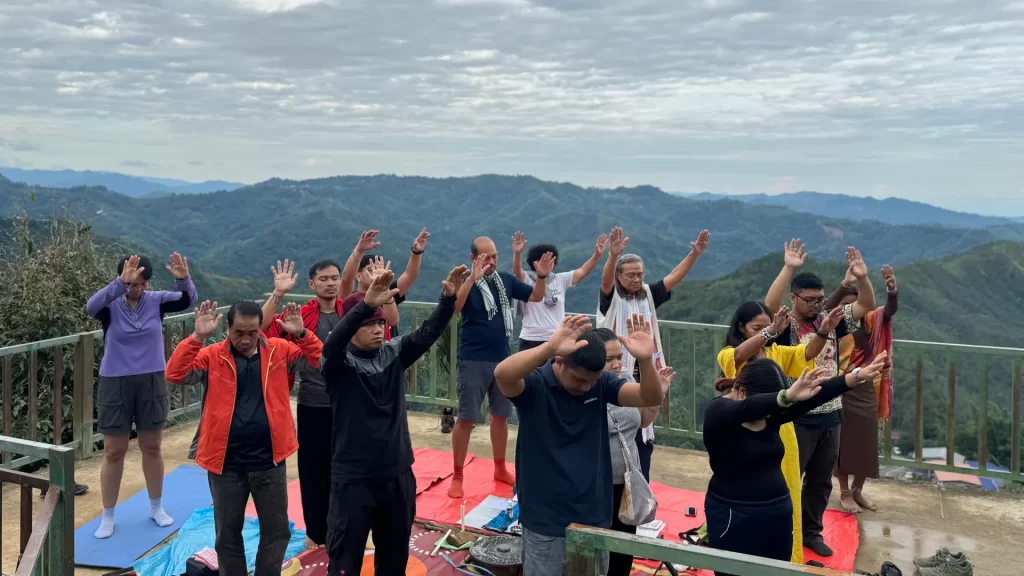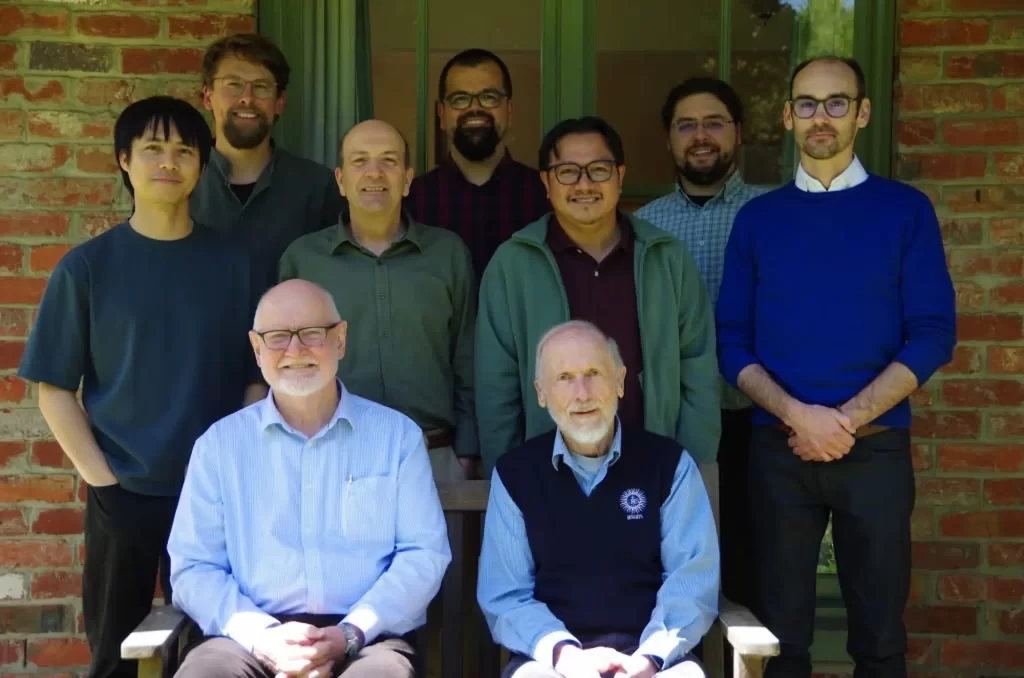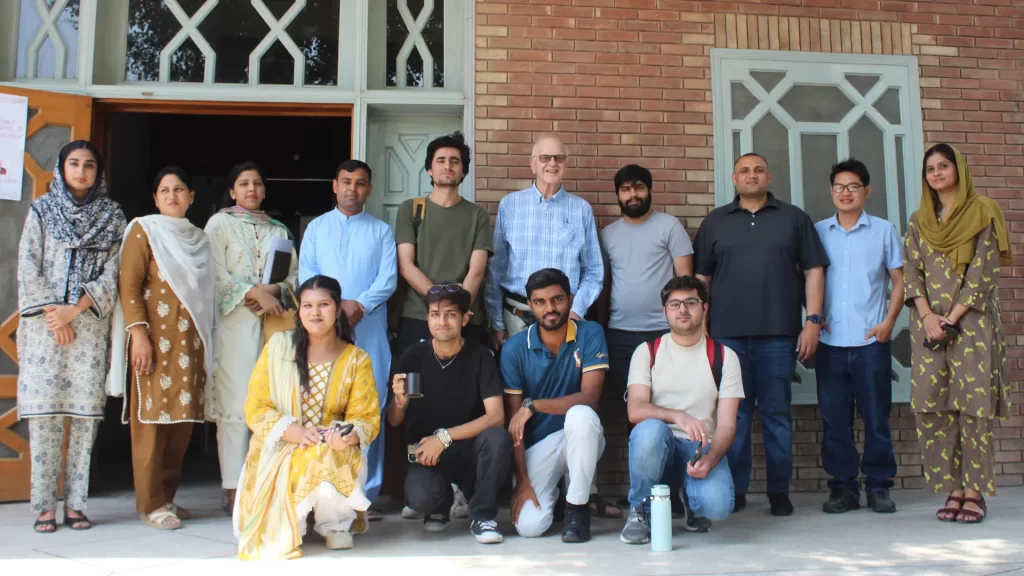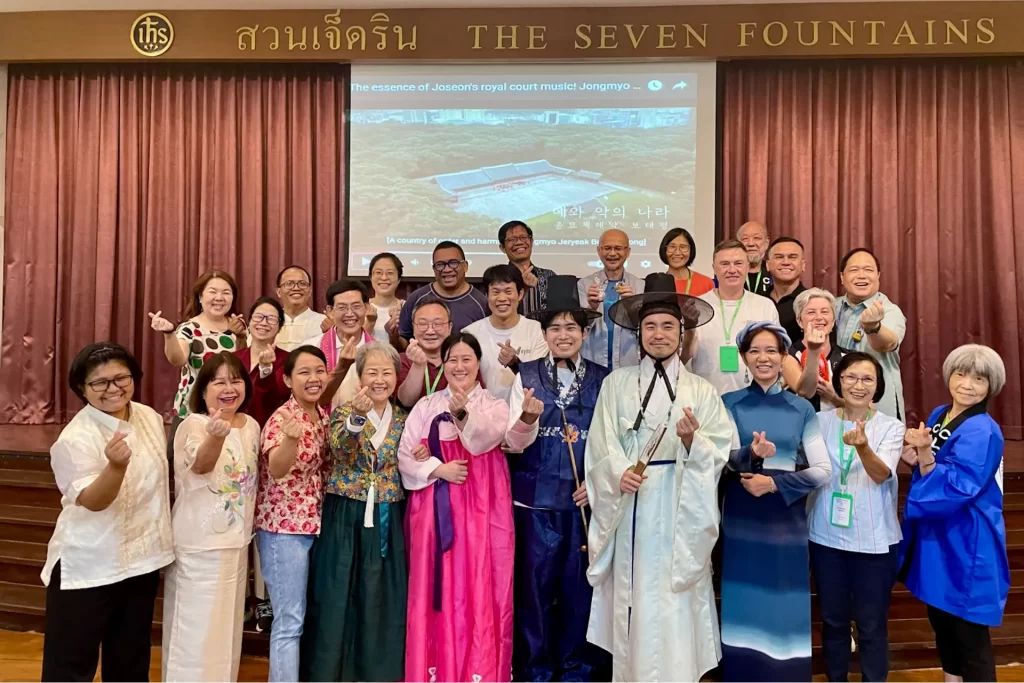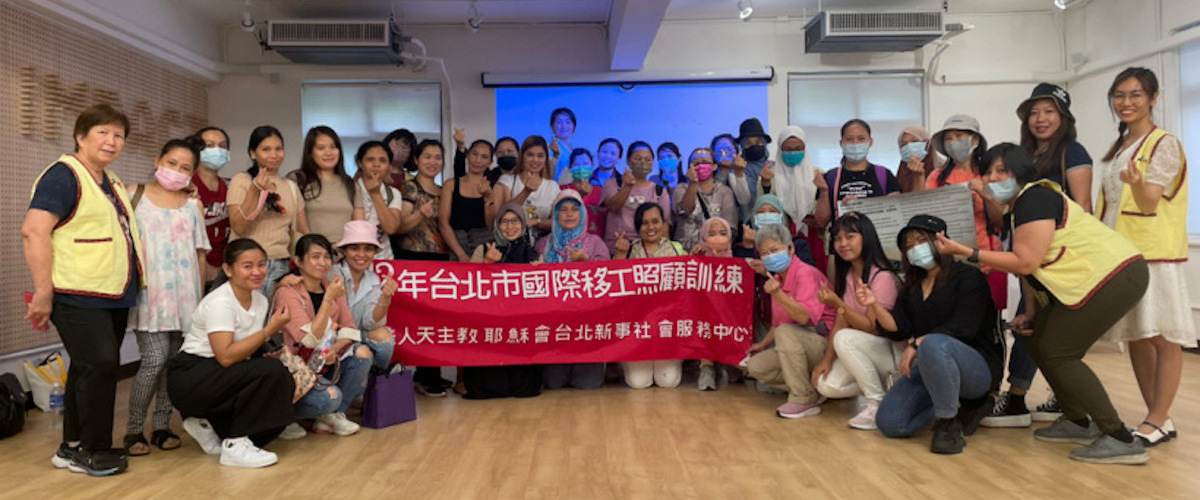
A total of 32 migrant workers participated in the training course, which was divided into two sessions: Care for the Mentally and Intellectually Disabled, and Strengthening of the Nasogastric Tube Care and Catheter Cleaning Care. Most of the participants were migrant workers from Indonesia, Philippines, and Vietnam. The Center provided simultaneous bilingual translation of the course content to ensure that the participants could fully understand the topics being discussed without language barriers.
Initially, Teacher Yang introduced the causes of various mental and intellectual disabilities, as well as the impact of their symptoms, to the migrant workers. The hope is that when migrant workers serve their patients, they will be more sympathetic to the challenges faced by people with disabilities in their daily lives, and be able to quickly understand and respond to unexpected circumstances during caregiving.
Besides sharing cases she has encountered, Teacher Yang offered practical tips on caring for patients. She encouraged the migrant workers to discuss the attitude they should adopt when caring for individuals with mental and intellectual disabilities. Many of the migrant workers had prior experiences caring for people with disabilities, and they shared a common philosophy of tolerance, patience, and love.

Teacher Yang then demonstrated the use of the nasogastric tube and urinary catheter. All the migrant workers gathered next to her to carefully observe and develop their professional caregiving skills in operating the equipment with ease. She reminded them to pay closer attention to the physical needs of their wards and patients, and communicate effectively with the medical staff.
During the course, the migrant workers were actively engaged and responded enthusiastically. Rerum Novarum hopes that through the training, both the quality of work rendered by the migrant workers and the quality of life of their wards and patients will substantially improve. The migrant workers will also be able to share the skills they learned with their employers and progress together, thus maintaining a cordial relationship. [Rerum Novarum Center]

